28, May 2021
President Macron implicated in genocide against Ambazonians through military relationship with Biya 0
The long and historic military relationship between France and La Republique du Cameroun, including providing training and logistics is playing a key role in the killings in English speaking Cameroon.
Several senior army officials in the French Cameroun military have been trained in France, and the CEMAC French speaking countries regularly carry out military exercises under the direct supervision of French army generals.
Since independence, France has been running a multi-million-dollar military project in Francophone Africa particularly in Sub Saharan region which today includes the creation of Boko Haram. The French government ignores crimes committed by French backed regimes in Cameroon, Chad, Congo-Brazzaville, Central African Republic, and Equatorial Guinea against its citizens and it is regularly shifting all the blame on ordinary citizens and resistance groups.
Southern Cameroons’ natural resources have been entirely for the benefit of France and its surrogates in La Republique du Cameroun. French Cameroun’s 60-year colonial occupation, oppression and repression has been experienced by the people of the Southern Cameroons as far worse than anything ever experienced under British colonial rule.
Before exiting the Southern Cameroons on 1 October 1961, Britain transferred powers to Republique du Cameroun rather than to the Southern Cameroons as ought to have been the case and as required under international law. This British self-confessed transfer resulted in the recolonization, rather than the decolonization, of the Southern Cameroons. Spain may have borrowed a leaf from Britain’s bad and illegal conduct when in 1975 it transferred administration of the Western Sahara to both Morocco and Mauritania and hurriedly left the territory. On 14 November 1975 there was concluded a Declaration of Principles on Western Sahara between Spain, Morocco and Mauritania, whereby the powers and responsibilities of Spain, as the administering Power of the Territory, were transferred to a temporary tripartite administration.
By Chi Prudence Asong with Concord files
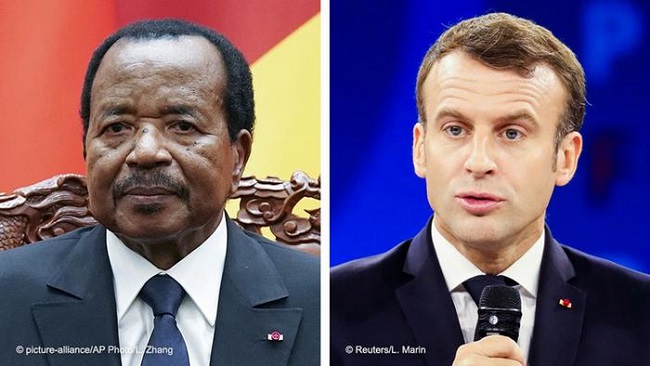
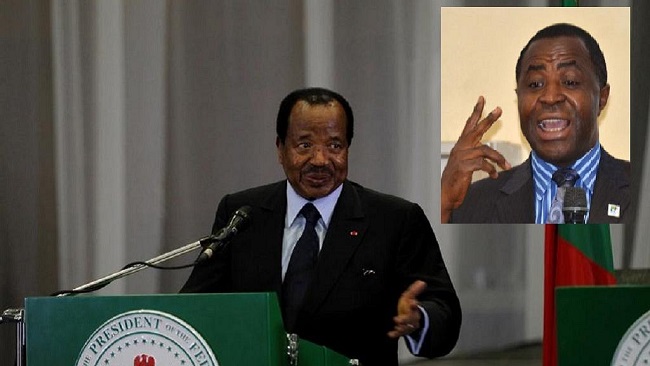
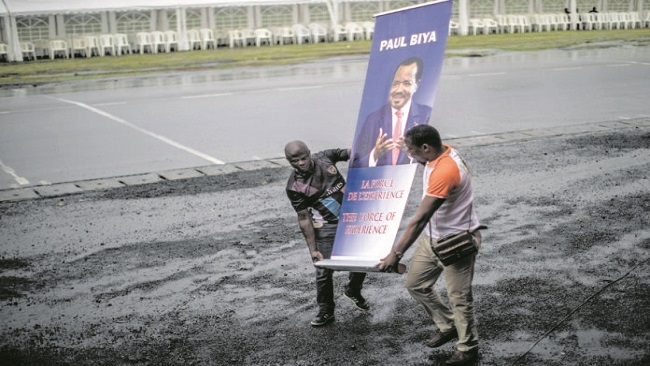
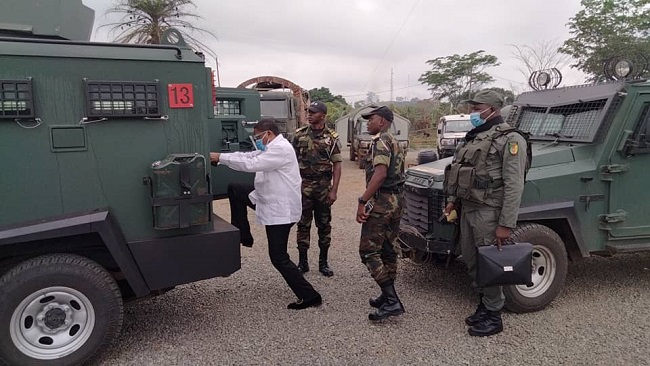
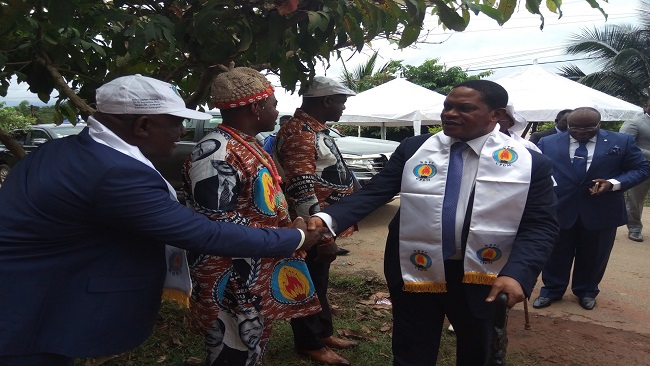
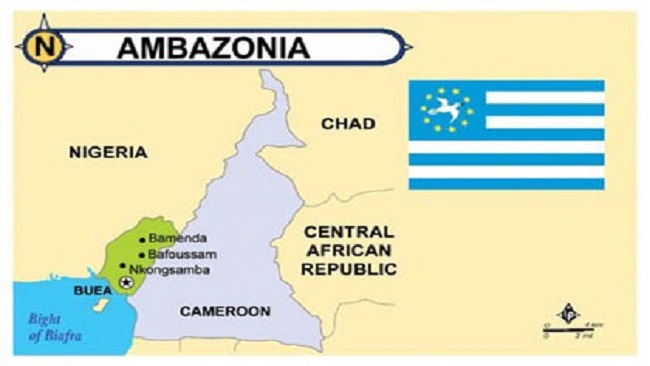
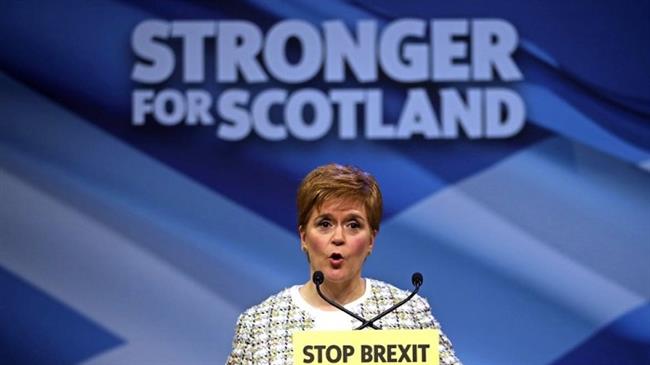
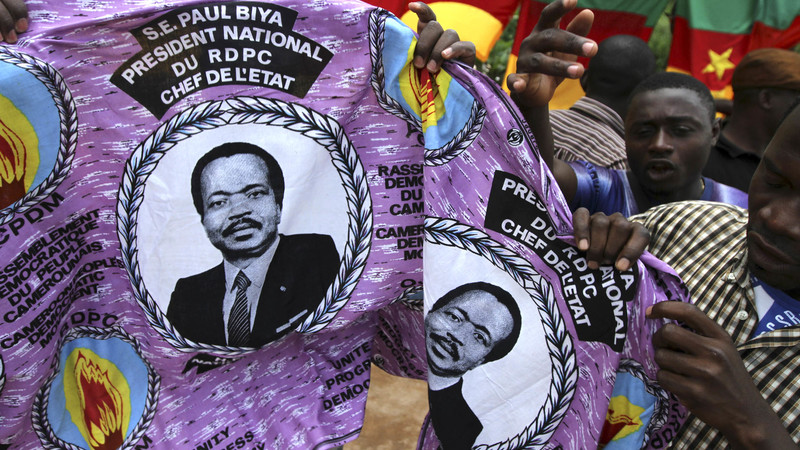

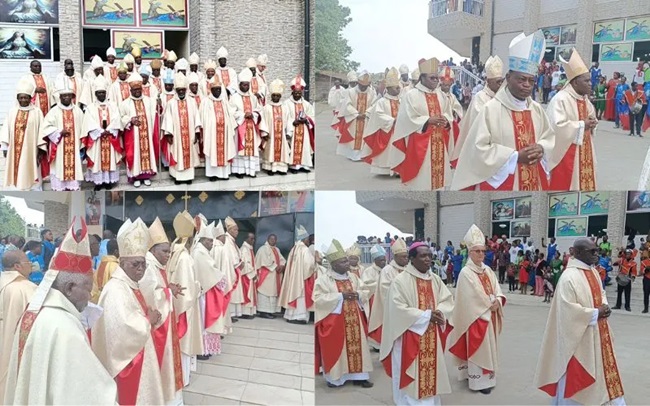

















2, June 2021
Southern Cameroons: A hydra headed conflict! Dialogue is really complicated, because who do you dialogue with?’ 0
A small but growing grassroots peace movement is trying to bring an end to the four-year secessionist conflict in Cameroon’s English-speaking regions – an internationally neglected crisis that is becoming increasingly deadly and complex.
Formal attempts to negotiate a settlement between the government and fighters demanding independence for “Ambazonia” have stalled. Internationally led efforts are hamstrung by deep divisions within the separatist movement, and by the refusal of the government – which argues that the conflict is an internal affair – to engage with external mediators.
Spurred by the lack of progress in getting the warring parties around a conference table, a series of grassroots peacebuilding initiatives – launched by private individuals, rights groups, and the Catholic church – have cautiously moved in to negotiate local peace deals in Cameroon’s two anglophone regions.
But these interventions – many led by women – must tread carefully to avoid being labelled as either pro-government or supportive of the armed movements fighting for the independence of the English-speaking Northwest and Southwest regions.
“Any peace movement that is not approved from the grassroots [of the secessionists] will identify those peace leaders as ‘blacklegs’, as traitors to the anglophone cause; and that will have some implications for personal security,” said a local rights activist who asked not to be named so they could speak freely.
The rural-based conflict has upturned the lives of more than two million people, according to the UN. What began in 2016 as a protest over the two anglophone regions’ marginalisation by the majority French-speaking government has degenerated into increasingly anarchic and indiscriminate violence in which the civilian population is most at risk.
Suspected separatist groups – who number between 2,000 and 4,000 fighters – have abducted, tortured, and killed traditional chiefs, human rights activists, lawyers and journalists. Government forces are accused of similar offenses, including the torching of entire villages.
Sexual and gender-based violence is perpetrated by both sides. Between February and December 2020, the UN documented nearly 2,000 cases of rape and abuse across the two anglophone regions, and nearly 500 cases between January and March 2021, according to documents seen by The New Humanitarian.
A divided opposition
The work of peace activists is made harder by the splintering of the once-unified separatist movement, while the government’s counter-insurgency approach – recruiting and arming local militias – fuels animosity between communities.
“This is a conflict without a head,” said Marc Serna Rius of Reach Out, a humanitarian NGO based in Buea, the capital of the Southwest region. “Dialogue is really complicated, because who do you dialogue with?”
Since 2018, two rival coalitions, known as “Interim Governments” (IGs), have contested leadership of the separatist cause – both accusing the other of being “illegitimate”. One is loyal to Sisiku Julius Ayuk Tabe, who is serving a life sentence on terrorism charges in Yaoundé’s notorious Kondengui Central Prison, and the other is headed by US-based former preacher Samuel Ikome Sako.
But these IGs have only limited influence on the ground. Individual separatist fighters – known locally as the “Amba boys” or simply “the boys” – pronounce themselves “commander” or “general” at will, sparking infighting that in recent months has led to more deaths than clashes with the military, local aid groups say.
Of the dozen separatist fighters The New Humanitarian spoke with, none defined themselves as loyal to a particular IG, and many of them weren’t even aware the movement had split.
“You just go with who has good [military equipment], who comes from your village, who has a [better] camp,” said one separatist, who asked not to be named, explaining how fighters determined which group to join.
“It’s a popularity contest. They go from one [commander’s] camp to another,” said a local rights activist. “There are commanders without soldiers, and soldiers keep changing affiliation.”
In the Northwest region, the conflict has inflamed existing tensions over land and grazing rights between ethnic Fulani pastoralists, known as Mbororos, and local farmers – generally perceived by the government as pro-secessionist.
Separatist fighters have attacked Fulani herders and stolen their cattle. The security forces, in turn, have provided weapons and launched joint attacks with Fulani militia on villages, as was the case in a February 2020 massacre in which at least 21 people were killed.
The violence has escalated as community tensions have deepened. Fulani militia have raided over a dozen villages since February 2021, killing at least 17 civilians and displacing more than 4,000 people, according to the Center for Human Rights and Democracy in Africa, a civil liberties group.
Stepping into the vacuum
Local peace activists operate without the political clout or protection afforded to international mediators. But they do have grassroots relevance, and have managed to make some breakthroughs in an otherwise intractable conflict.
“The local civil society organisations are doing a tremendous and enormous job to bring back peace,” said Lilian Atanga of the Coalition for Dialogue and Negotiations, an international NGO working to facilitate dialogue between the Cameroonian government and separatist groups.
“What they do for social cohesion, for healing, for resilience, the humanitarian activities [they are involved in], the psychosocial activities, working on gender-based violence, demobilisation – [these are all important],” she told The New Humanitarian. “It is not just one thing that [will bring] peace.”
The Southwest/Northwest Women’s Task Force, for example, has been key in negotiating with separatists to soften a long-running school boycott and allow children to return to class. They have also worked on reconciling rival separatist leaders, and helped ex-fighters – who have laid down their weapons under a government amnesty – to reintegrate back into the community.
The Justice and Peace Service (JPS), which is connected to the Catholic church, has been instrumental in resolving disputes between Fulani pastoralists and farmers in Nwa, and in other districts in the Northwest region.
Although the Fulani have so far refused to cooperate with the JPS, the church group has been successful in convincing farmers not to carry out retaliatory attacks against Fulani whose cattle wander into their farmland, according to Sister Falie Minkoue, a coordinator with the service.
For the past two years, the JPS has also worked to rebuild traditional village councils, and to train village chiefs to address land conflicts and other civilian disputes rather than having people turn for “justice” to local separatist fighters – whose summary rulings have led to serious rights violations.
“We want to avoid the situation where people bring their cases to ‘the boys’,” said Minkoue. “We are trying to empower the traditional council on how to manage conflict, how to handle cases, how to document the cases that they have handled.”
The dangers of peacemaking
Peacemaking is not without its risks. Priests and other grassroots activists have been arrested and detained by government security forces, and abducted and tortured by separatists.
Due to its deep connection to rural communities, the Cameroonian government has often accused the Catholic church of siding with the secessionists. But the church has also angered separatists by helping fighters who have surrendered, and by voicing its opposition to their revenge attacks against Fulani herdsmen.
“Both sides – the state armed group and the non-state armed group – are expecting the collaboration of the church,” said Minkoue. “They know we have credibility with the community, so both sides want us to collaborate with them… That is the biggest challenge.”
But while local initiatives are working to fill the gap left by stalemated national and international peacebuilding efforts, they cannot address the root causes of the conflict.
“You cannot do without [local peacebuilding], but it alone cannot solve the problem, because the problem is deeper than just the armed boys,” said Atanga of the Coalition for Dialogue and Negotiations.
“It has gone beyond just mere discrimination by the government [against the anglophone regions],” she added. It is now “an ideological problem, an identity problem” with the government widely seen as an occupying power, she explained.
The expanding conflict is also raising questions over what an effective peace process would look like – and who should sit at the negotiating table.
“Who, in the end, needs to be included in a peace process? The Fulani? All the various commanders on the ground, all the IGs?” asked a peace activist linked to the Southwest/Northwest Women’s Task Force who requested anonymity. “How impactful are all these movements going to be if there is a peace process?” asked another.
Esther Omam, the executive director of Reach Out – and a vocal anti-violence campaigner – was categorical: “We need workable solutions to solve this crisis,” she told The New Humanitarian. “We need workable solutions now more than ever.”
Culled from The New Humanitarian